List of wet lab and simulation courses offered
Bariatric surgery
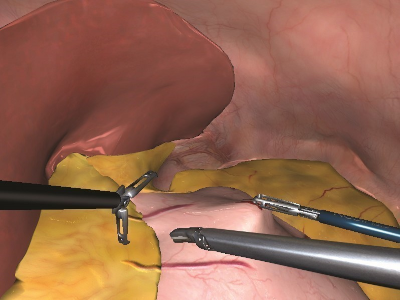
* login required to view content
Basic and advanced laparoscopy and suturing
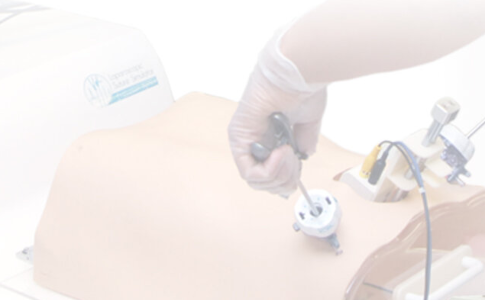
* login required to view content
Open and Laparoscopic hepatectomy
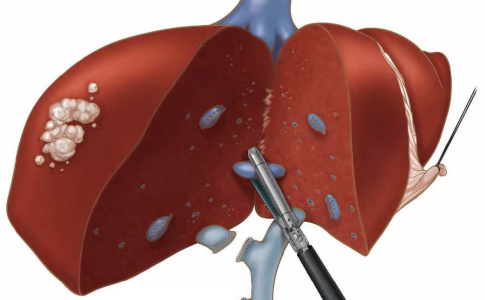
* login required to view content
Laparoscopic colectomy I
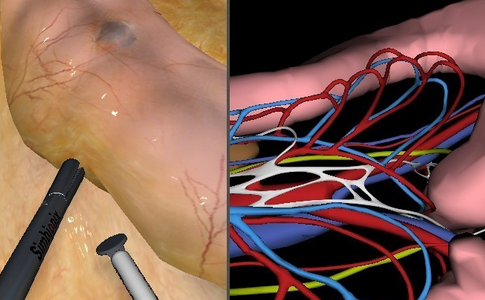
* login required to view content
Laparoscopic colectomy II

* login required to view content
Laparoscopic cholecystectomy and appendectomy
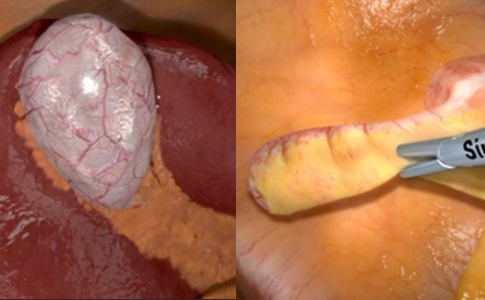
This course is a must for all practicing laparoscopic surgeons involved in gallbladder and appendix surgery, regardless of level of experience and expertise.
* login required to view content
Laparoscopic fundoplication
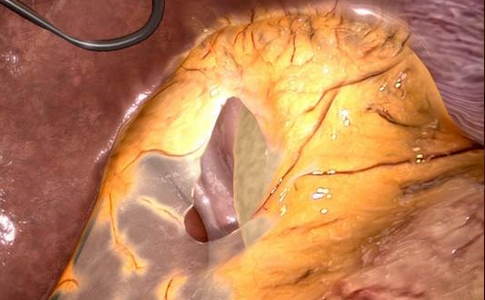
The objectives are real life like practice in incision into the lesser sac, through the gastro-hepatic ligament, dissection of the peritoneal ligaments, separating the right crus from the esophagus and revealing the left crus, dissection of the phreno-esophageal ligament, separating the left crus from the esophagus, and creating a retro-esophageal window, division of the short gastric vessels, dissection of the gastro-splenic ligament and separating the fundus of the stomach from the spleen.
* login required to view content
Laparoscopic inguinal and incisional hernia repair
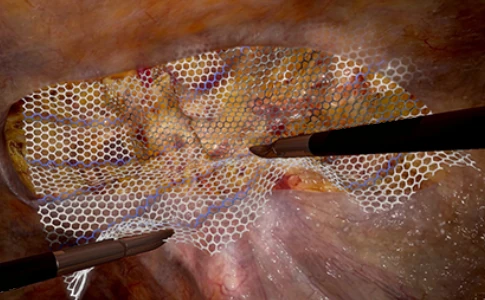
For incisional hernia there are six simulated hernia repair cases of increasing difficulty and the tasks on the porcine model. These provide surgeons with true-to-life experience of laparoscopic incisional hernia repair in a controlled and safe environment. Trainees gain an in-depth understanding of abdominal anatomy, skills for carefully separating the adhesion to expose the hernia defect, appreciation of potential complications, and practice safe use of prosthetic mesh and devices used to fixate, suture and staple the mesh. The objectives learned in this course are to learn the skills for carefully separating the adhesion to expose the hernia defect, to detect and learn how to avoid potential complications of the hernia procedure and to familiarize and practice safe use of prosthetic mesh, suturing and mesh fixation devices. This course is strongly suggested for all surgeons involved in hernia repair.
* login required to view content







